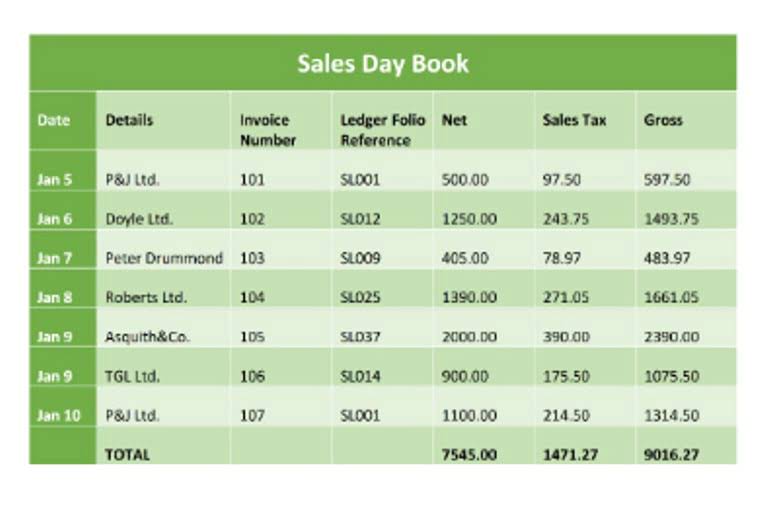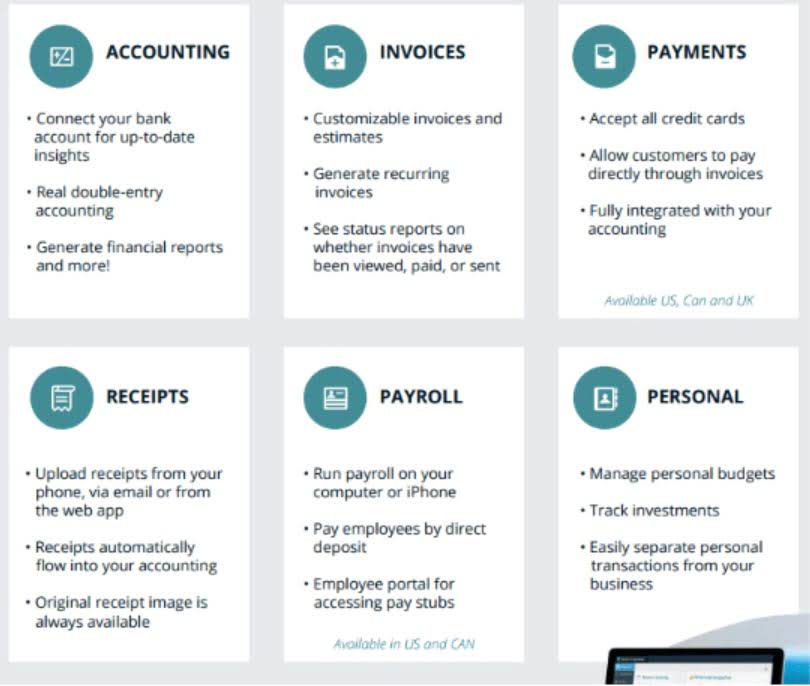
This educational material brings together the relevant requirements and explains how they might apply to a range of company situations. It is designed to support understanding and consistent application of the Standards but does not change or add to existing requirements. Auditors must maintain an objective and questioning mindset throughout the assessment process. This means not taking management’s assertions at face value but instead seeking corroborative evidence. For example, if management claims that a new product line will significantly boost revenue, auditors might request market research reports or sales forecasts to substantiate this claim.
What does the GAAP principle of going concern concept mean?
The auditor’s opinion is based on reasonable assurance, which means that the auditor has obtained sufficient evidence to support their opinion. The auditor will evaluate the company’s financial statements, cash flow projections, and management’s plans to address any bookkeeping financial difficulties. Disclose going concern when management’s plans don’t alleviate substantial doubt about the entity’s ability to continue operating.
Going Concern Opinion
- This paragraph will have a title such as “Substantial Doubt About the Entity’s Ability to Continue as a Going Concern” and will refer the reader to the detailed footnote disclosure prepared by management.
- A project with a budget of $50,000 had a return on investment of 20%, demonstrating the potential for financial gain.
- They must provide auditors and the board of directors with a candid assessment of the company’s financial position and future risks.
- High debt levels relative to equity, combined with rising interest costs, can strain financial health.
- It is then assumed that the company will not be a going concern, and the assets will be liquidated to pay off the debts.
- The prime aspect of a business remains the capability and integrity of the management.
Under IFRS Standards, management assesses all available information about the future, considering the possible outcomes of events and changes in conditions, and the realistically possible responses to such events and conditions. Events or conditions arising after the reporting date but before the financial statements are authorized for issuance should be considered. IAS 1 states that management may need to consider a wide range of factors, including current and forecasted profitability, debt maturities and replacement financing options before satisfying its going concern assessment.

Are you Looking for a fresh accounting career opportunity?
- For a company to be a going concern, it must be able to continue operating long enough to carry out its commitments, obligations, objectives, and so on.
- Without the going concern assumption, companies wouldn’t have the ability to prepay or accrue expenses.
- The Financial Accounting Standards Board requires that financial statements reveal the conditions that relate to a finding of substantial doubt.
- Effective restructuring can alleviate immediate pressures and support long-term stability.
- Recurring operating losses, for example, erode a company’s capital base and hinder its ability to meet obligations.
- The auditor must evaluate the assessment prepared by management and conclude on whether there is a material uncertainty about the entity’s ability to continue as a going concern.
These actions can strain the company’s liquidity further, creating a vicious cycle of financial distress. Employees, too, are stakeholders who may be affected, as going concern issues can lead to job insecurity and impact morale, potentially leading to higher turnover rates and reduced productivity. A company operating in a declining industry or facing intense competition may struggle to maintain its market share and profitability. Economic downturns, regulatory changes, or technological advancements that render a company’s products or services obsolete can also contribute to going concern issues.

A going concern qualification is triggered when auditors identify a material uncertainty about a company’s ability to remain a going concern, which is defined as a business that can continue to operate for the foreseeable future. This uncertainty can arise from various factors, such as liquidity problems, debt repayment issues, or significant losses. It is the responsibility of the business owner or leadership team to determine whether the business is able to continue in the foreseeable future. If it’s determined that the business is stable, financial statements are prepared using the going concern basis of accounting. A going concern memo is a report that assesses a company’s likelihood of survival for the next year, often required by auditors to ensure transparency in financial statements. It’s a crucial document that helps identify potential financial struggles and guides business decisions to ensure long-term viability.

Mastering Audit Symbols in Modern Accounting Practices
- When it comes to going concern assessment, auditors play a crucial role in evaluating whether a company can continue its operations in the foreseeable future.
- This includes information that becomes available on or before the financial statements are authorized for issuance – i.e. events or conditions requiring disclosure may arise after the reporting period.
- If so, the auditor must draw attention to the uncertainty regarding the entity’s ability to continue as a going concern, in their auditor’s report.
- Their primary task is to scrutinize the financial statements and related disclosures to ensure they accurately reflect the company’s financial health.
- Another example of this concept is the prepayment and accrual of various business expenses.
- This content is for general information purposes only, and should not be used as a substitute for consultation with professional advisors.
To sum it all up, the going concern concept implies that the business will continue for the foreseeable future and thus give a more realistic image of the business from a long-term view. In some cases, the business owner may not be aware of the potential issues, so it’s the accountant’s responsibility to bring it to their attention. Oil And Gas Accounting This can help the business owner make informed decisions about the company’s future. If you’re dealing with a privately held business, it’s essential to consider the going concern assumption.
However, if there are uncertainties about a company’s ability to continue as a going concern, it could affect the auditor’s opinion and the company’s financial statements. In summary, the auditor’s opinion on going concern is a critical aspect of the audit report, providing stakeholders with valuable insights into the company’s financial health and sustainability. By carefully evaluating the company’s financial statements, cash flow projections, and management’s plans, the auditor can provide reasonable assurance about the company’s ability to continue as a going concern.
Going Concern Opinion and Its Importance in Audit Engagements
The presence of a going concern disclosure in a company’s financial statements has a direct effect on the independent auditor’s report. The auditor has a separate responsibility to highlight this issue for users of the report. The disclosure must also detail management’s plans intended to mitigate these conditions. This provides a balanced view, showing that management is actively trying to resolve the issues, even if the plans are not deemed sufficient. The going concern presumption that an entity will be able to meet its obligations when they become due is foundational to financial reporting. This presumption may be challenged at any time, but especially during uncertain economic times.
The Importance of the Going Concern Assumption in Financial Reporting and Analysis
If management has significant concerns about the entity’s ability to continue, these must be disclosed in the financial statements. The disclosures provide transparency and equip stakeholders with information to make informed judgments about the entity’s future prospects. These requirements are not merely procedural; they are designed to ensure going conern that all material uncertainties related to going concern are communicated effectively. As a part of the audit report, auditors are required to express their opinion on the company’s ability to continue as a going concern.